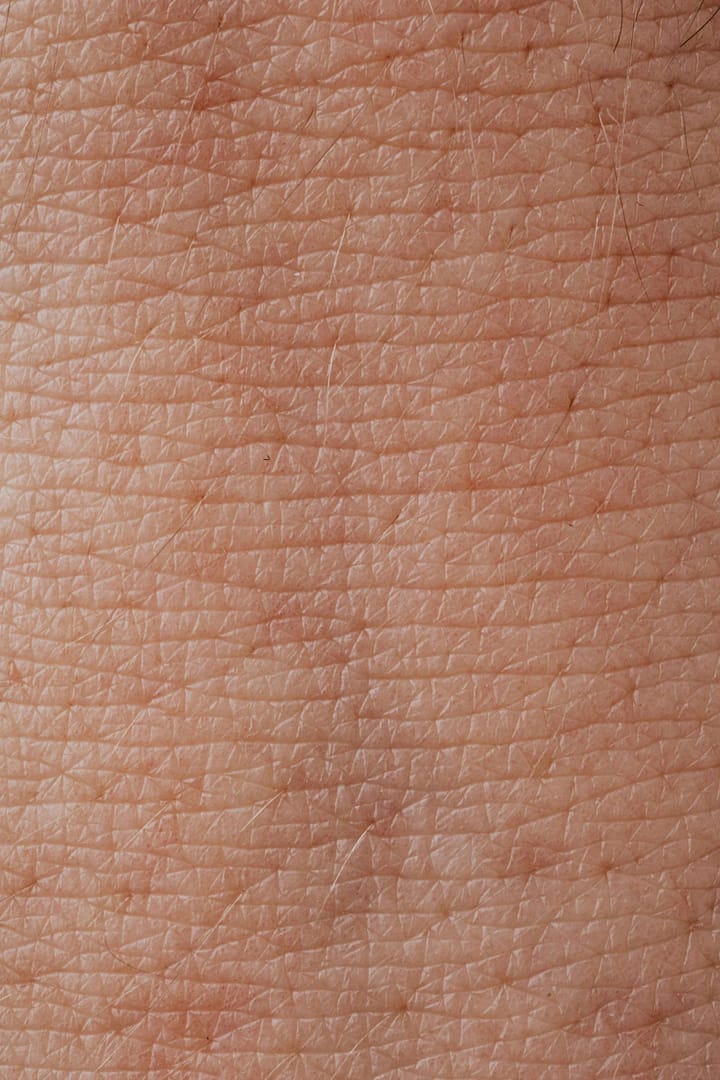Dermatitis, also known as eczema, is a common skin condition that affects millions of people in the UK. It’s a broad term encompassing various types of skin inflammation, each with distinct causes and symptoms. This comprehensive guide aims to shed light on dermatitis, its various forms, treatment options, and how to manage it effectively. We will also highlight how you can start a medical negligence claim.
What is Dermatitis?
Dermatitis is characterised by inflammation of the skin. This inflammation can manifest in various ways, including redness, itching, dryness, flaking, blistering, or crusting. Dermatitis isn’t contagious, but it can be quite uncomfortable and even painful in severe cases. The exact cause of dermatitis is often unknown, but it’s believed to involve a combination of genetic and environmental factors.
Common Types of Dermatitis in the UK
Atopic Dermatitis (Eczema)
Atopic dermatitis is the most common type of eczema, often appearing in childhood but also affecting adults. It’s characterised by dry, itchy skin and a tendency to develop other allergic conditions like asthma or hay fever. The exact cause is unknown, but it’s thought to be related to a combination of genetic and environmental factors.
Contact Dermatitis
Contact dermatitis occurs when your skin comes into contact with an irritant or allergen. Irritant contact dermatitis is triggered by substances that irritate the skin, such as soaps, detergents, or solvents. Allergic contact dermatitis is caused by an allergic reaction to substances like nickel, poison ivy, or certain fragrances.
Seborrheic Dermatitis
Seborrheic dermatitis affects areas of the body with a high concentration of sebaceous glands, such as the scalp, face, and chest. It causes red, scaly patches and can lead to dandruff.
Recognising the Symptoms of Dermatitis
The symptoms of dermatitis can vary depending on the type and severity of the condition. However, some common symptoms include:
- Dry, itchy skin
- Redness or inflammation
- Blisters or oozing
- Scaly or crusty patches
- Thickened or leathery skin
Diagnosis and Treatment Options in the UK
Diagnosing dermatitis usually involves a physical examination of the affected skin and a discussion of your medical history. Your doctor may also perform patch tests to identify potential allergens in cases of suspected allergic contact dermatitis.
Treatment options for dermatitis vary depending on the type and severity. They may include:
- Emollients: Moisturisers help to keep the skin hydrated and reduce itching.
- Topical Corticosteroids: These anti-inflammatory creams or ointments can reduce inflammation and itching.
- Antihistamines: These medications can help relieve itching caused by allergic reactions.
- Light Therapy: Controlled exposure to ultraviolet light can help reduce inflammation and itching in some types of dermatitis.
Managing Dermatitis in Everyday Life
Managing dermatitis often involves a combination of medical treatment and lifestyle modifications. Here are some tips:
- Avoid triggers: Identify and avoid substances that irritate your skin or trigger allergic reactions.
- Moisturise regularly: Apply emollients to keep your skin hydrated.
- Take lukewarm showers or baths: Hot water can dry out your skin.
- Wear soft, breathable fabrics: Avoid rough fabrics that can irritate your skin.
- Manage stress: Stress can worsen dermatitis symptoms.
Seeking Support and Information
If you’re struggling with dermatitis, it’s important to seek support and information from reliable sources. Your doctor can provide guidance and treatment recommendations. You can also find helpful information and support from organisations like the National Eczema Society or the British Skin Foundation.
Making a Medical Negligence Claim with National Claims
At National Claims, we understand the profound impact that medical negligence can have on your health, well-being, and overall quality of life. If you believe you or a loved one has suffered harm due to substandard medical care, misdiagnosis, surgical errors, or any other form of medical negligence, we are here to help you seek the justice and compensation you deserve.
Free Consultation
We know every medical negligence case is different. We offer a free consultation to discuss yours. We’ll listen to your story and review your records. Then, we’ll assess your claim’s potential. Our team will connect you with a specialist solicitor. They will help you navigate your case and seek the compensation you deserve.
Don’t let medical negligence go unchallenged. Contact National Claims today for your free consultation and take the first step toward obtaining the justice and resolution you deserve.
*Customers pay up to 25% (incl. VAT) of the amount recovered towards solicitor costs and if you cancel outside your cooling off period, you may be charged a fee.
Contact us today to speak to one of our claims agents who will be able to help you get started on your claim.
Click below to see why we are one of the most trusted claims management companies in the UK.

We’re proud of our excellent customer reviews
We thrive on delivering exceptional service and ensuring our clients’ satisfaction. Don’t just take our word for it. Check out some of our independent reviews to see what our clients have to say.
Excellent

This firm is excellent, they sorted out my car pay out and injury claim very fast, they always communicate with you all the time.

My accident case was dealt with confidence and with great result of the outcome, especially James kept me informed all the time.

I was very impressed at the way my inquiry was treated. I was listened to attentively and everything I needed to know was explained to me.






